No, Vienna sausages are not a healthy treat for dogs. They contain high levels of sodium, fat, and preservatives that can be harmful to a dog’s health.
The high-fat content in Vienna sausages can cause pancreatitis, a painful inflammation of the pancreas. It is important for dog owners to understand the risks associated with feeding Vienna sausages to their pets and to seek healthier alternatives.
Despite their popularity among humans, Vienna sausages are not a healthy treat for dogs. These sausages contain high levels of sodium, fat, and preservatives, which can be harmful to a dog’s health. Excessive sodium consumption can lead to dehydration, electrolyte imbalances, and kidney disease in dogs.
The high-fat content in Vienna sausages can cause pancreatitis, a painful inflammation of the pancreas. It is important for dog owners to understand the risks associated with feeding Vienna sausages to their pets and to seek healthier alternatives.
The good news is, they are not toxic. So if your dog has eaten one or two it would likely cause no harm.
Key Takeaways:
- Vienna sausages are not suitable for dogs due to their high sodium, fat, and preservative content.
- Excessive sodium consumption can lead to dehydration, electrolyte imbalances, and kidney disease in dogs.
- The high-fat content in Vienna sausages can cause pancreatitis, a painful inflammation of the pancreas.
- Dog owners should prioritize their pet’s health by choosing healthier alternatives to Vienna sausages.
- Lean meats like chicken, turkey, and beef are safe and nutritious alternatives for dogs.
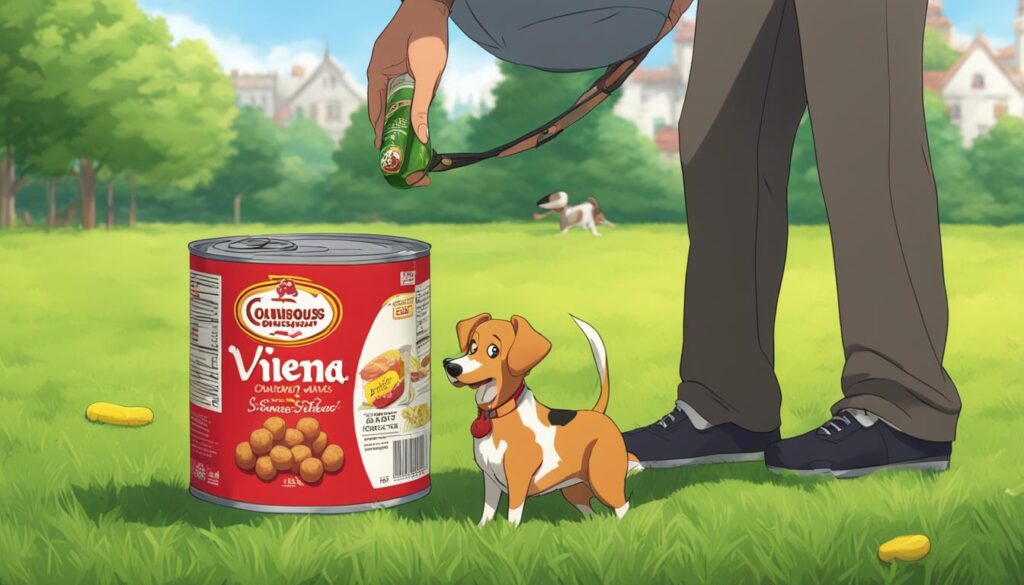
Read on to learn more about the dangers of sodium and fat in Vienna sausages for dogs, alternatives to Vienna sausages, and the importance of choosing healthier options to prioritize your pet’s well-being.
The Dangers of Sodium and Fat in Vienna Sausages for Dogs
Vienna sausages contain high levels of sodium and fat, which can pose serious health risks to dogs. Excessive sodium consumption can lead to dehydration, electrolyte imbalances, and kidney disease. Dogs may not have a strong sense of taste for salt, but their bodies are still affected by the harmful effects of high sodium content. The high-fat content in Vienna sausages can also contribute to pancreatitis, an inflammation of the pancreas that can be painful and potentially fatal for dogs.
It is crucial for dog owners to be aware of these dangers and avoid feeding their pets Vienna sausages. Instead, they should consider healthier alternatives that provide essential nutrients for their dogs’ overall well-being. Omega-3 fatty acids, for example, are beneficial for maintaining a healthy coat and skin. By choosing alternatives that are low in sodium and fat, dog owners can help prevent the development of health problems associated with Vienna sausages.
“The high sodium content and high-fat levels in Vienna sausages make them an unhealthy choice for dogs. It’s important to prioritize our pets’ health by avoiding these harmful treats and opting for safer options that promote their overall well-being.” – Veterinary Nutritionist Dr. Emily Thompson
In summary, Vienna sausages can be detrimental to a dog’s health due to their high sodium and fat content. Feeding these sausages to dogs can lead to dehydration, electrolyte imbalances, kidney disease, and pancreatitis. It is crucial for dog owners to understand the risks and choose healthier alternatives that provide essential nutrients and promote a balanced diet for their beloved pets.
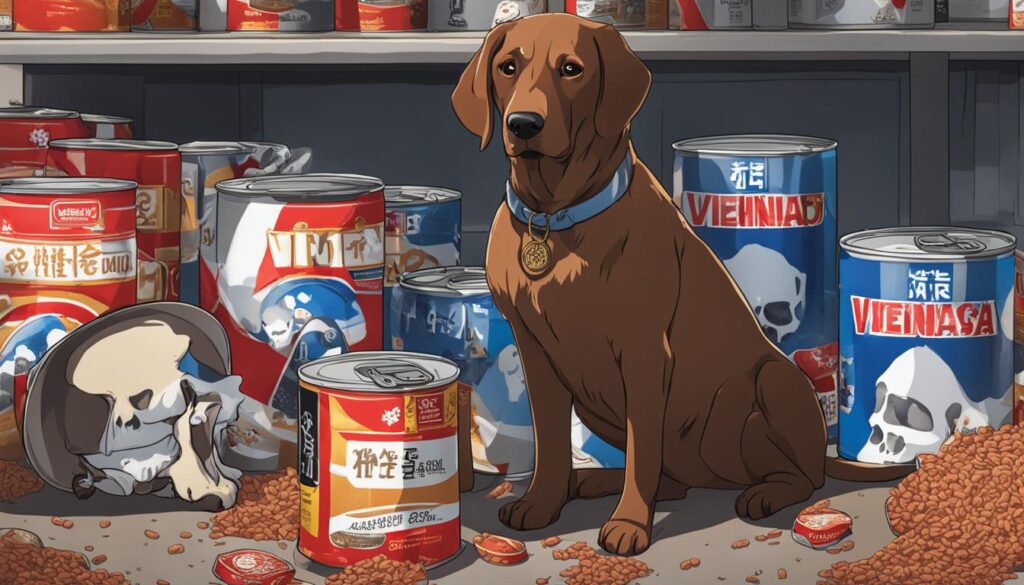
Alternatives to Vienna Sausages for Dogs
If you’re looking for safe and healthy options to replace Vienna sausages in your dog’s diet, there are several alternatives available. These alternatives are packed with protein and essential nutrients while having a lower sodium and fat content, making them ideal choices for your furry friend’s well-being.
Safe Meat Alternatives
Lean meats such as chicken, turkey, and beef are excellent substitutes for Vienna sausages. They offer a high protein content, which is essential for your dog’s muscle development and overall health. Additionally, these meats have lower levels of sodium and fat, reducing the risk of health issues that come with consuming high amounts of sodium and fat.
Dog-Friendly Treats
In addition to lean meats, there are a variety of dog-friendly treats available on the market that provide a balanced diet for your pet. These treats are specially formulated to meet the nutritional needs of dogs and often come in different flavors and textures to keep your pup happy and satisfied.
Emphasizing a Balanced Diet
When considering alternatives to Vienna sausages, it’s important to prioritize your dog’s overall diet and ensure it remains balanced. A balanced diet includes a combination of proteins, carbohydrates, healthy fats, and vitamins and minerals. By offering a variety of nutritious options, you can provide your dog with a well-rounded meal that supports their long-term health and well-being.
Remember, always consult with your veterinarian before making any significant changes to your dog’s diet to ensure you’re providing the best options for their specific needs.

Conclusion
In conclusion, it is crucial to recognize the unhealthy nature of Vienna sausages and the risks they pose to a dog’s health. These sausages are high in sodium, fat, and preservatives, which can lead to various health issues including dehydration, kidney disease, and pancreatitis. Therefore, it is essential for dog owners to prioritize their pet’s well-being by choosing healthier alternatives.
When it comes to feeding our dogs, it is important to provide them with a balanced and nutritious diet. Opting for safe meat alternatives such as lean meats like chicken, turkey, and beef can fulfill their protein and nutrient requirements while offering lower levels of sodium and fat compared to Vienna sausages. Additionally, there are various dog-friendly treats available in the market that can contribute to your pet’s overall health.
By making the conscious decision to choose healthier alternatives and avoid feeding our dogs human foods that can be harmful, we are ensuring their long-term health and happiness. Let us prioritize our furry friends’ well-being and provide them with the balanced and nourishing diet they deserve.
FAQ
Why are Vienna sausages bad for dogs?
Vienna sausages contain high levels of sodium, which can lead to dehydration, electrolyte imbalances, and kidney disease in dogs. The high-fat content in these sausages can also cause pancreatitis, a painful inflammation of the pancreas.
What are the risks of feeding Vienna sausages to dogs?
Excessive sodium consumption can lead to dehydration, electrolyte imbalances, and kidney disease in dogs. The high-fat content in Vienna sausages can cause pancreatitis, a painful inflammation of the pancreas.
Are there any safe alternatives to Vienna sausages for dogs?
Yes, there are plenty of safe alternatives for dogs. Lean meats like chicken, turkey, and beef are a healthy option as they provide essential nutrients like protein with lower levels of sodium and fat. There are also dog-friendly treats available in the market that provide a balanced diet for your pet.
Why is it important to choose healthier alternatives for dogs?
Choosing healthier alternatives ensures the long-term health and happiness of your dog. Feeding them Vienna sausages can pose risks to their health, including dehydration, kidney disease, and pancreatitis. Prioritizing your dog’s well-being by providing a balanced and nutritious diet is crucial.
Can dogs eat Vienna sausages?
Yes, dogs can eat Vienna sausages in very small amounts, as they are not toxic.
However, it is important to note that Vienna sausages are high in sodium, preservatives, and fat, which can be harmful to dogs in large quantities. Therefore, it is recommended to only offer Vienna sausages to your dog as an occasional treat and not as a regular part of their diet.
Are Vienna sausages safe for dogs to eat?
While Vienna sausages are not toxic to dogs, they should not be a staple in their diet. The high sodium and preservative content can lead to health problems such as kidney issues, pancreatitis, and digestive upset. It is best to consult with a veterinarian before feeding Vienna sausages to your dog.
Can dogs eat hot dogs?
Dogs can technically eat hot dogs, but they should be consumed in moderation. Hot dogs are high in fat and sodium, which can lead to obesity, heart problems, and other health risks in dogs. It is recommended to offer hot dogs as an occasional treat, and make sure they are free from spices, seasonings, and other additives that can be harmful to dogs.
Is it safe for dogs to eat human food like Vienna sausages?
While some human foods are safe for dogs to eat, it is generally not recommended to feed Vienna sausages or other processed meats as they can contain high amounts of sodium, preservatives, and other additives that can be harmful to dogs. It is best to stick to a balanced diet formulated specifically for dogs.
What should I do if my dog has eaten Vienna sausages?
If your dog has consumed Vienna sausages, monitor them for any signs of digestive upset such as vomiting, diarrhea, or loss of appetite. If you notice any concerning symptoms or if your dog ate a large quantity of sausages, it is best to contact a veterinarian for guidance.
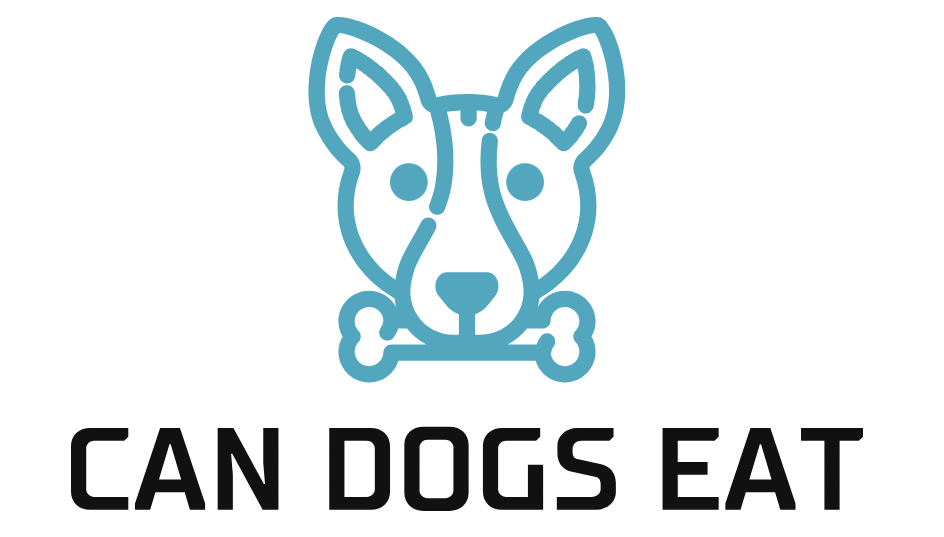
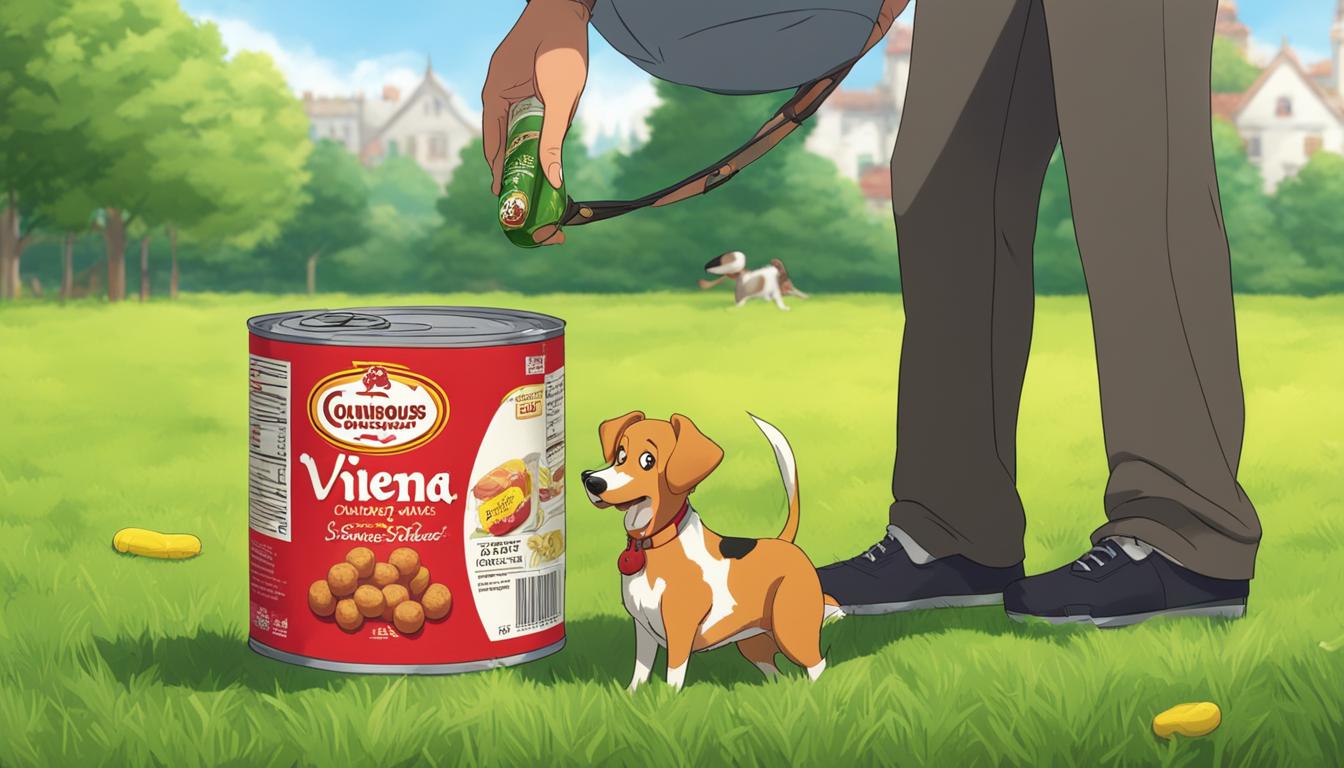

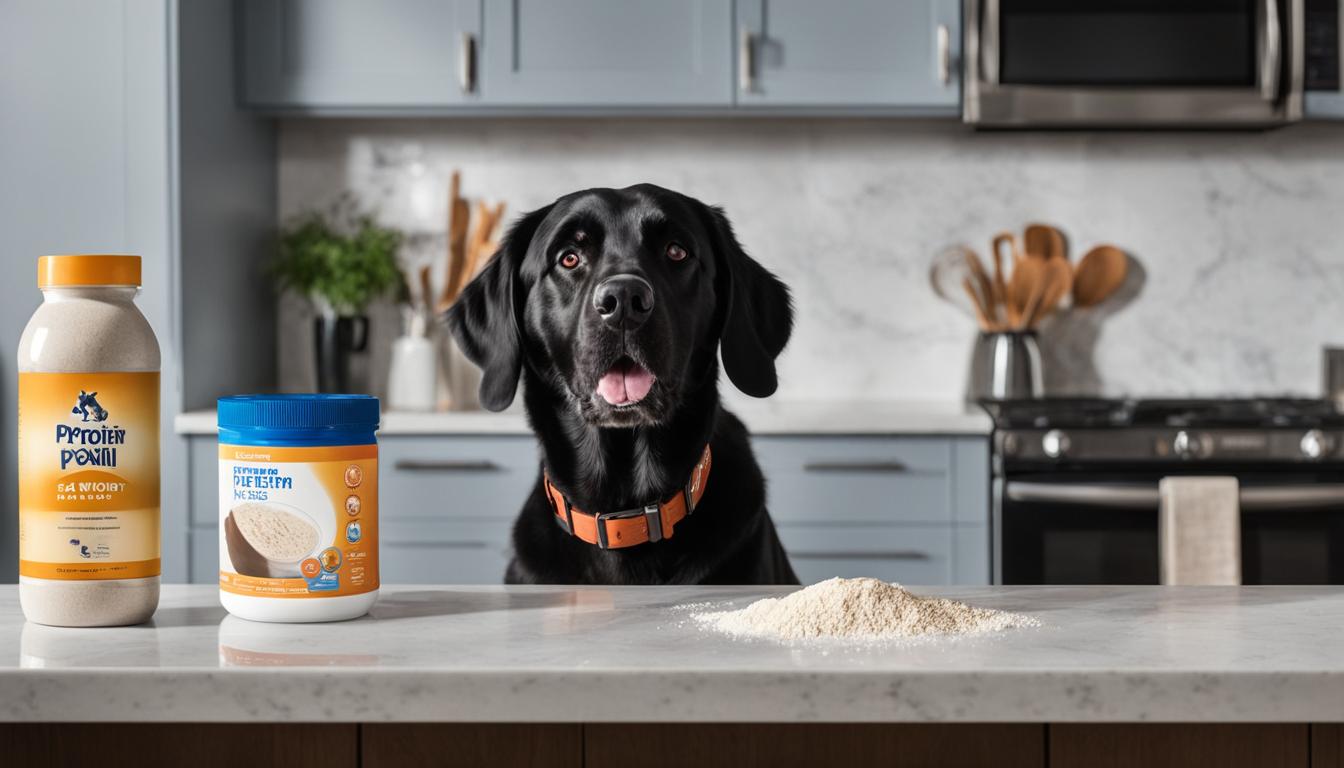
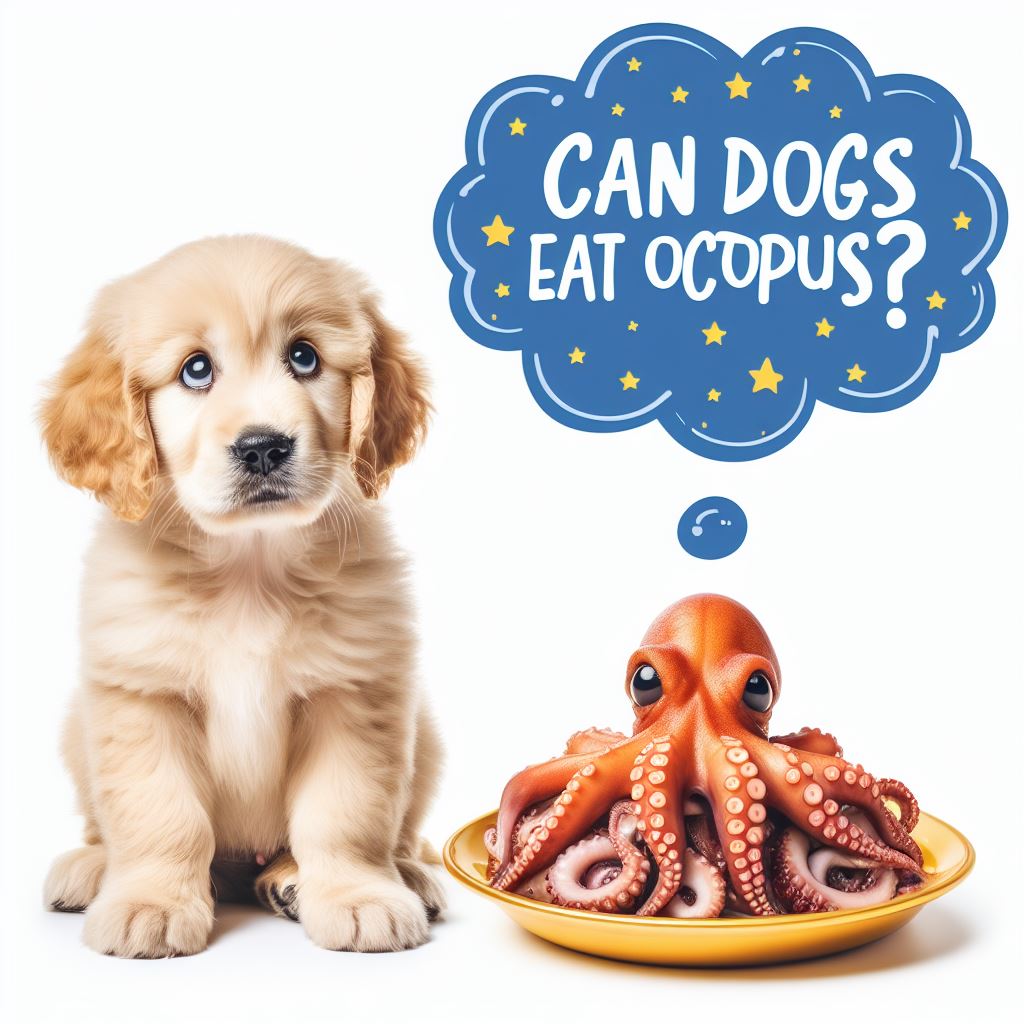
Leave a Reply